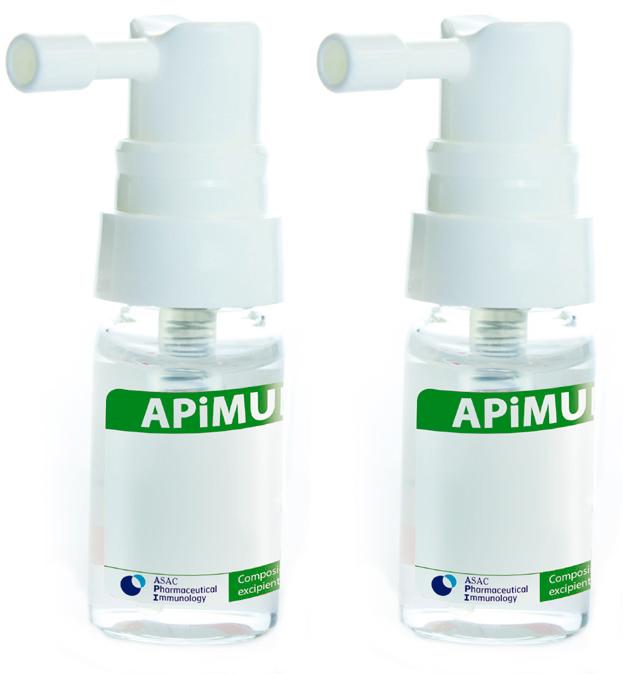

Prevention of recurrent infections
Infections are abnormal states in which a germ or infectious agent invades the body and remains in it, causing some kind of damage. The two most important factors that make an infection possible are:
- The natural ability of the infecting agent to pass through natural barriers and tissues, which is known as virulence.
- The degree of lability or efficiency of the person’s general defense system during the various phases of the attack of the germ (susceptibility).
People with permanent defects of immunity can contract the same types of infections as normal people, for example: ear infections, sinusitis or pneumonia, only they occur more frequently. These recurrent infections are often stronger and more at risk of complications, since they do not respond as easily to regular medications. On these occasions, we talk about recurrent infections.
The bacterial treatments are indicated for the preventive treatment of respiratory infections, since they act as immunomodulators, creating a defensive state against the microorganisms responsible for respiratory infections.
What is the bacterial autovaccine?
A bacterial autovaccine is an inactivated microbial suspension from the patient's own sample which is cultured by isolating and identifying the pathogenic microorganisms for subsequent inactivation. This suspension is diluted in phenolated physiological saline at a concentration of 109 bacteria/mL for sublingual administration.

APiMUNE
APiMUNE is an individualised treatment used for the specific and individual treatment of patients who have been previously diagnosed by their doctor with recurrent infections and who are predisposed to these infections.
The aim of treatment with APiMUNE Autovaccine is to produce an immunological response (production of antibodies) in defence against the bacteria used in the preparation of the autovaccine and which have been identified by culturing secretions or exudates from the patient's own infected area.
• Reduction of recurrent episodes.
• Reduction in the use of antibiotics.


